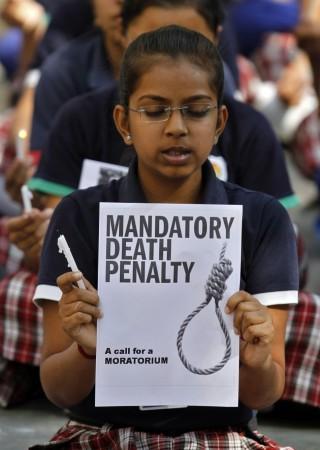
The Criminal Law (Amendment) Bill 2013, which was passed in Parliament last week, has omitted prostitution under exploitation forms, overturning the amendment proposed in the government ordinance.
The move came after sex workers and activists criticized the government ordinance that considered prostitution as exploitation and criminalizing sex work.
"The expression "exploitation" shall include, prostitution or other forms of sexual exploitation, forced labour or services, slavery or practices similar to slavery, servitude, or the forced removal of organs," stated the ordinance.
However, the anti-rape law passed by Parliament has amended section 370 of the Penal Code by differentiating sexual exploitation and prostitution.
"The expression 'exploitation' shall include any act of physical exploitation or any form of sexual exploitation, slavery or practices similar to slavery, servitude, or the forced removal of organs," said the Criminal Law Amendment Bill 2013.
Experts and social activists have welcomed the amendment, saying that it would help prevent sex workers from being abused.
"The ordinance created confusion. Dropping the term prostitution as exploitation will help sex workers and their advocates to legally contest oppressive and forced sex work. It will also help sex workers to fight for safe and dignified work conditions," Madhu Mehra, a lawyer, told The Times of India.
"By removing adults voluntarily involved in sex work from the ambit of criminalization, the government has clarified its position," said Meena Seshu of the National Network of Sex Workers.
The government passed a stringent anti-rape bill following public outrage over rising rate of rape incidents across the country. The Delhi gang-rape and murder of a young physiotherapy student had ignited mass protests in the country and triggered demands for reforms in the social system.
Under section 376A of the Indian Penal Code, any "person committing an offence of sexual assault and inflicting injury which causes death or causes the person to be in a persistent vegetative state", is punishable with "rigorous imprisonment of not less than 20 years but which may extend to imprisonment for life which shall mean the remainder of that person's natural life or with death."

















